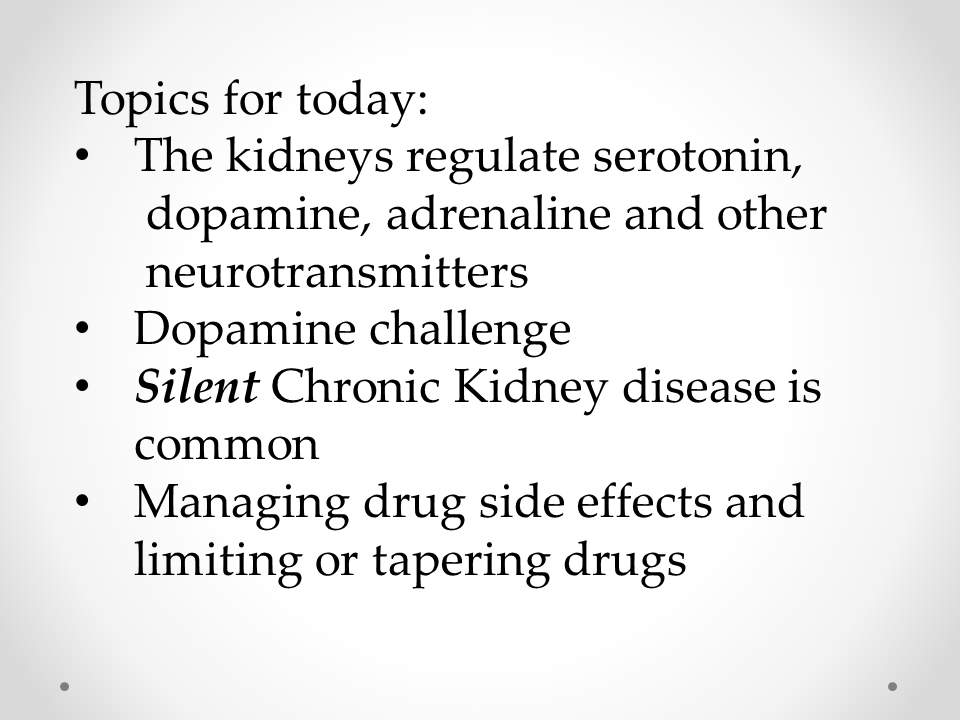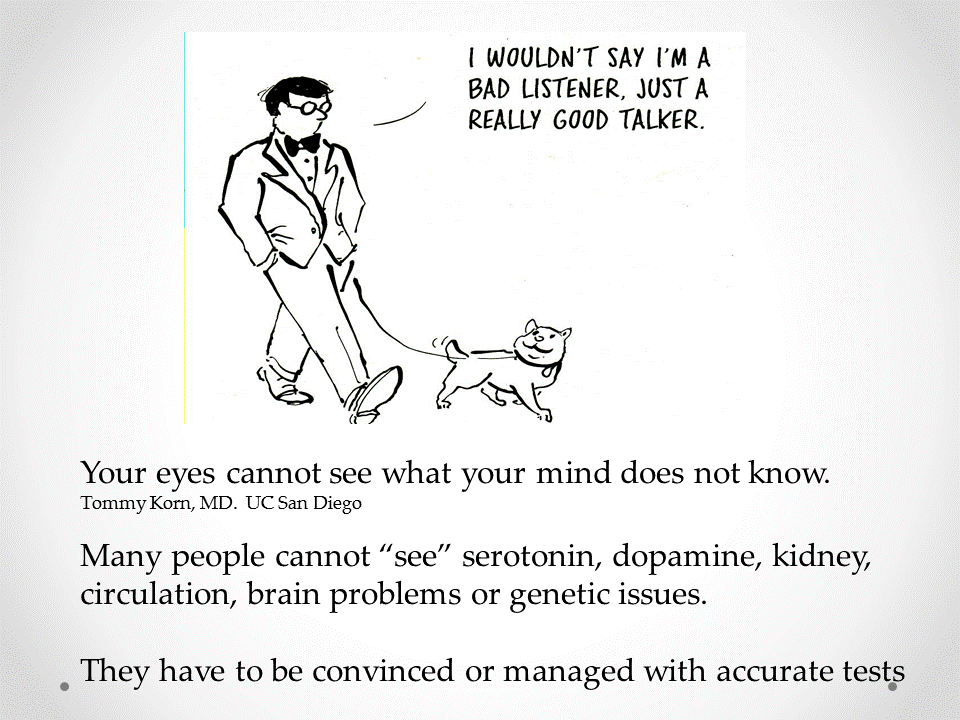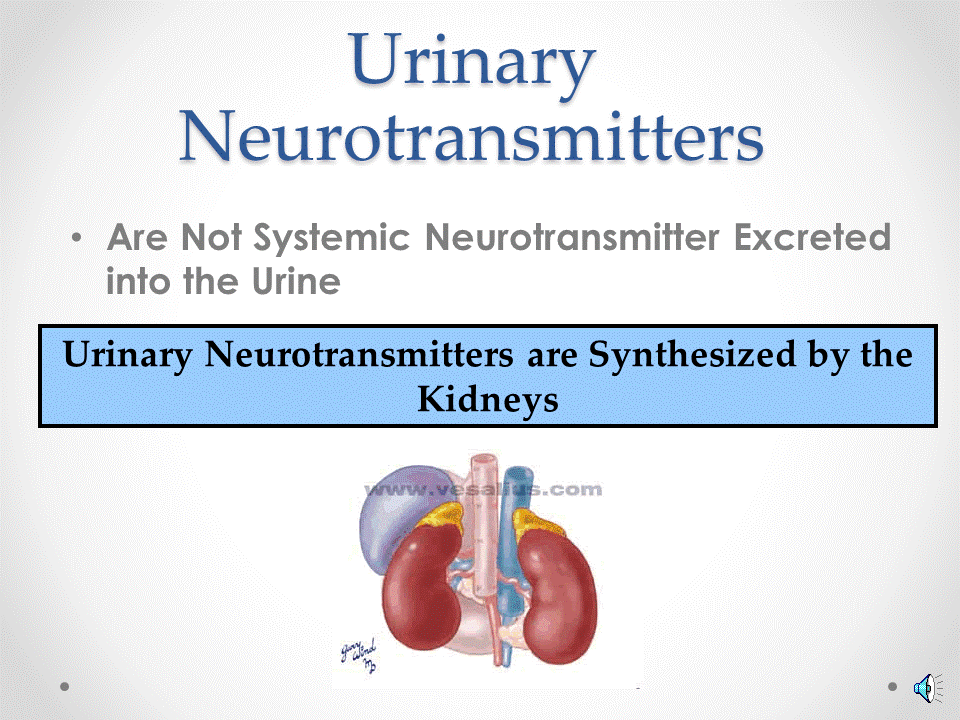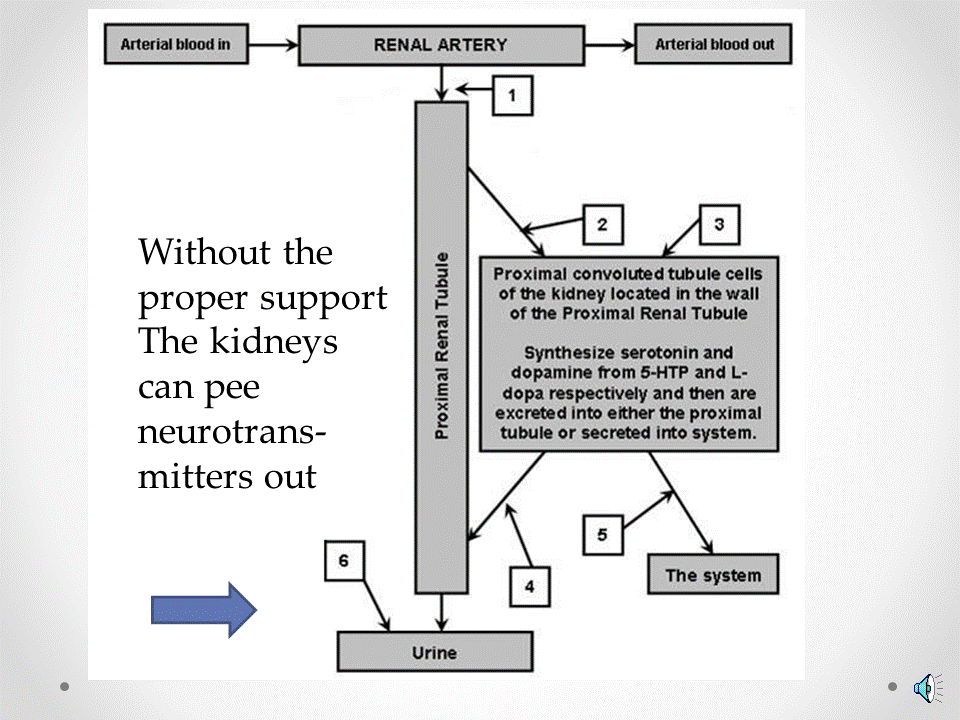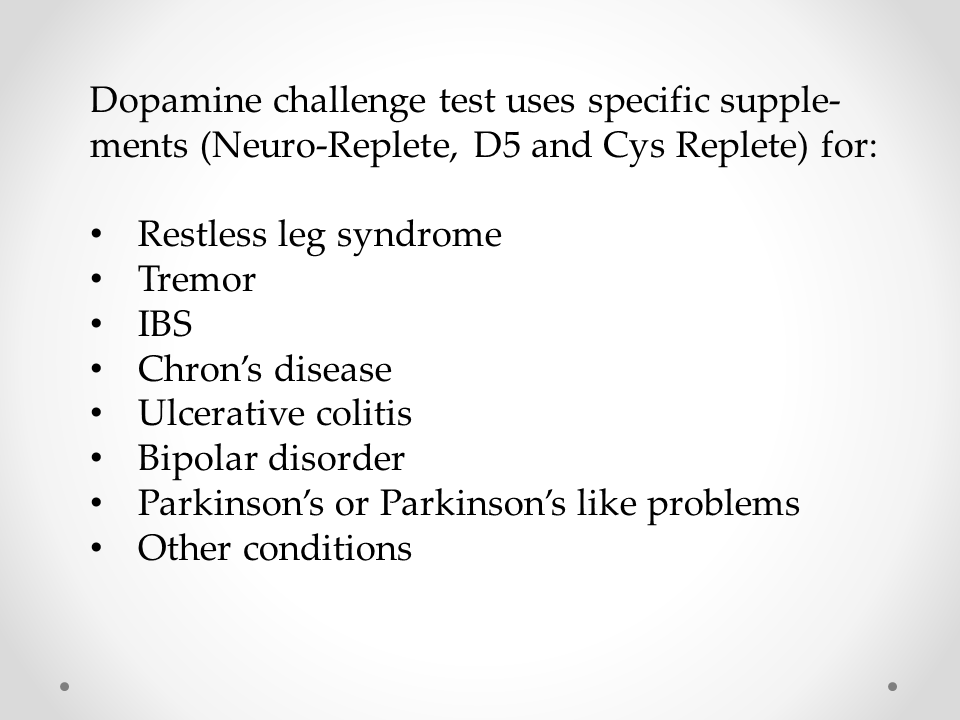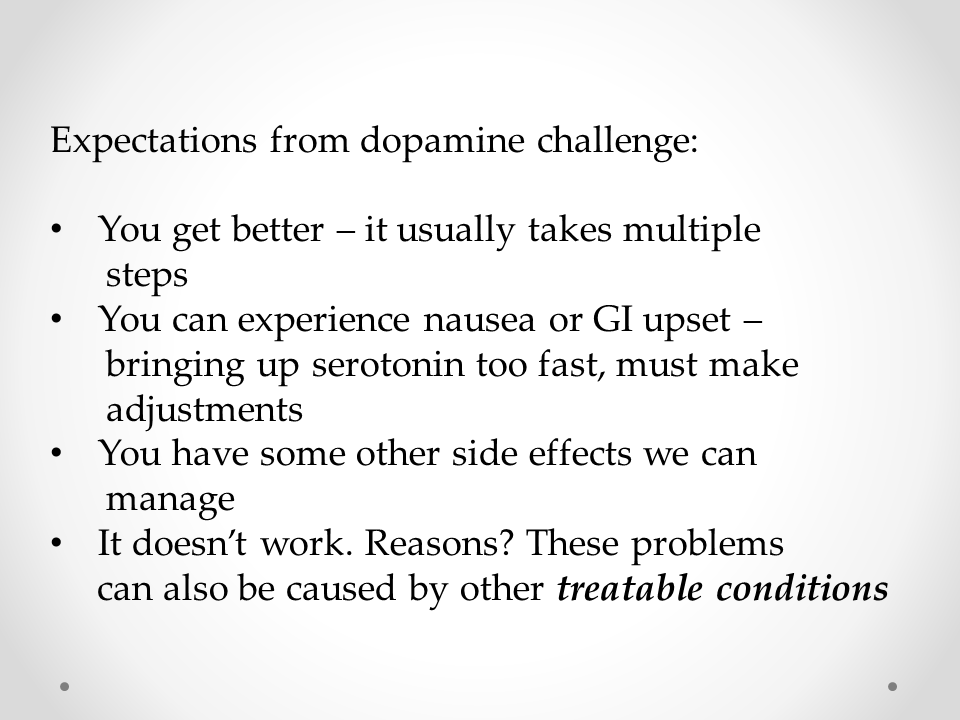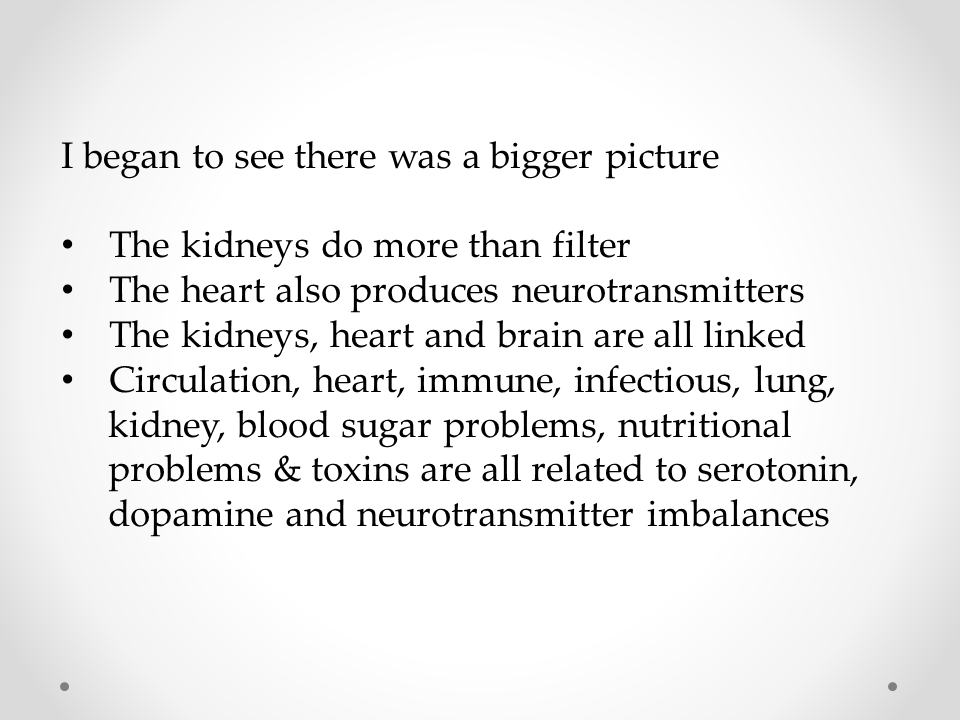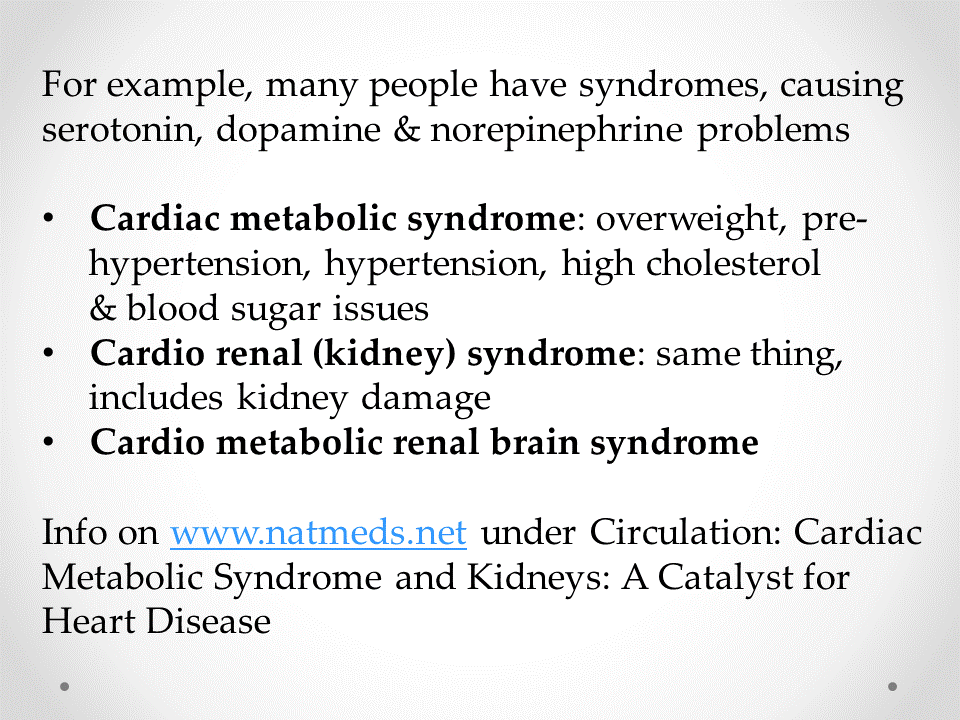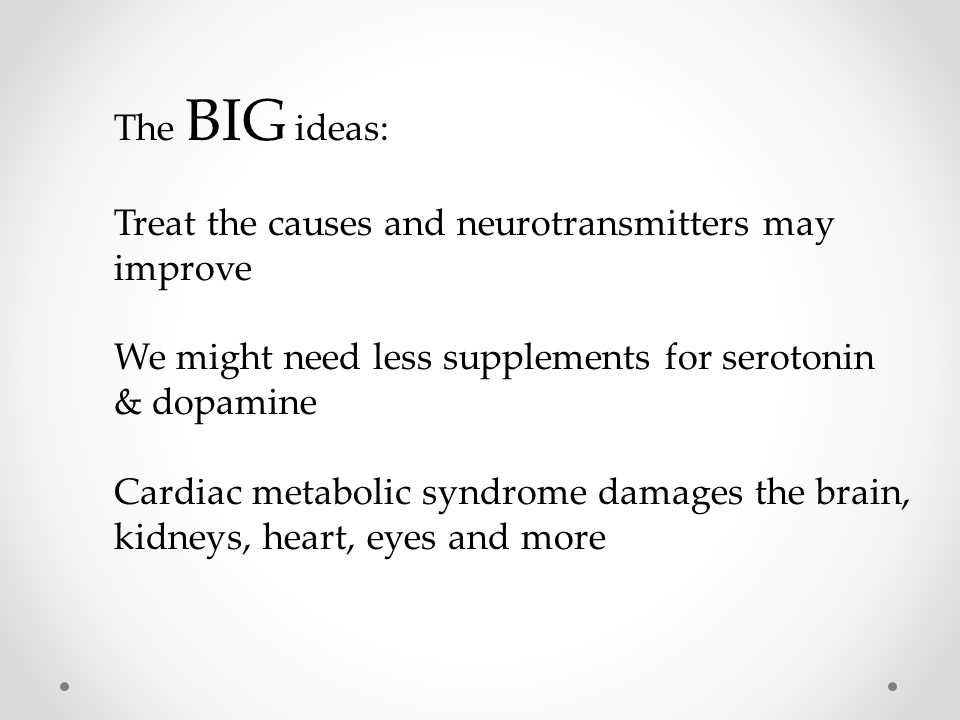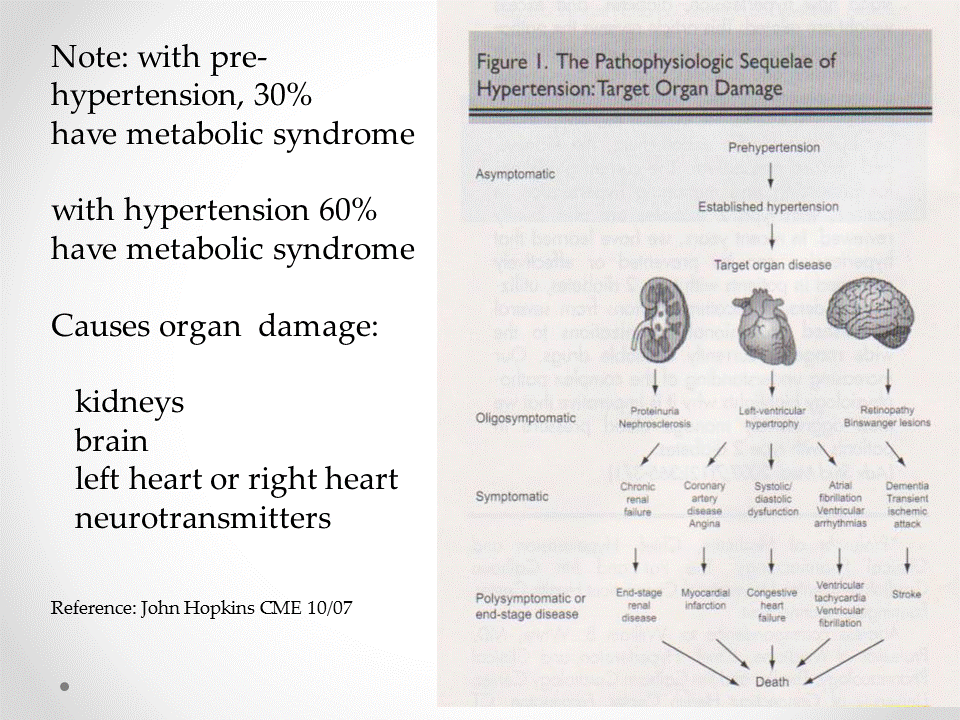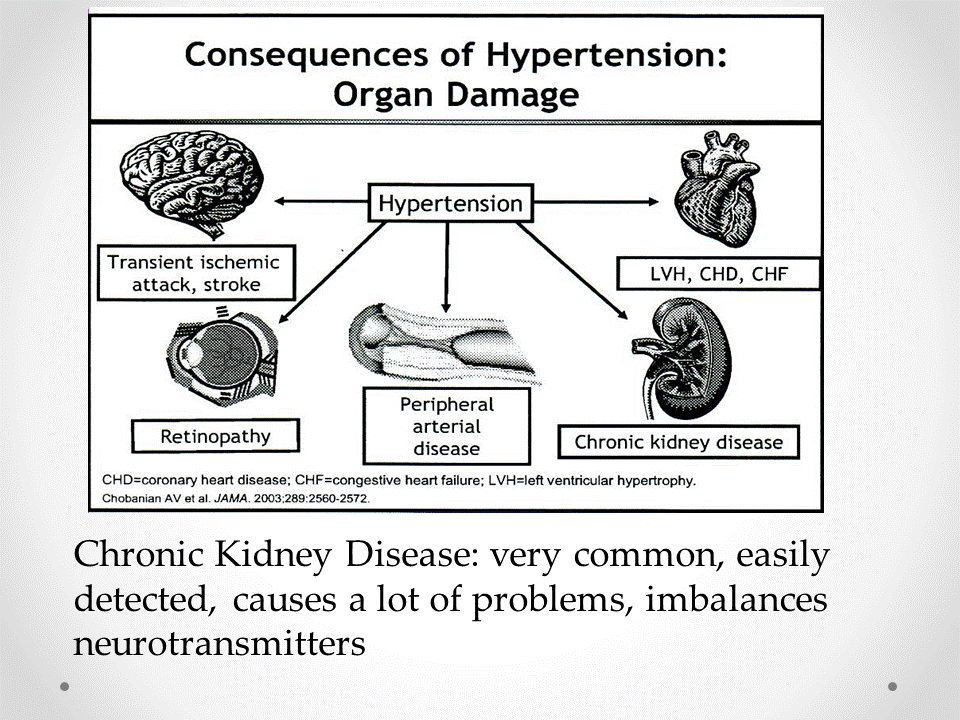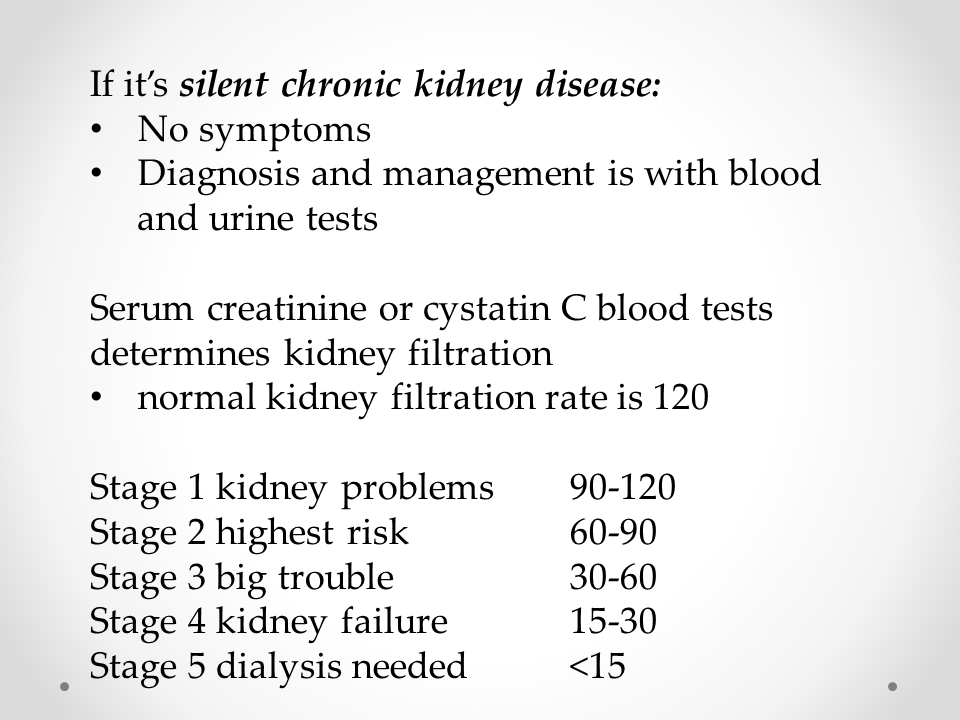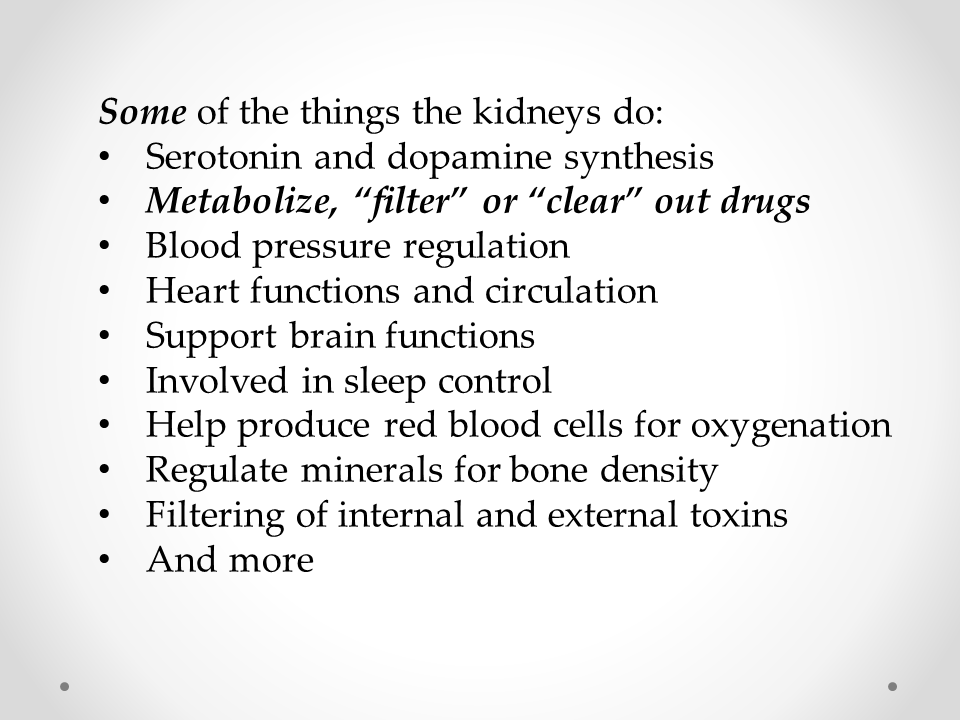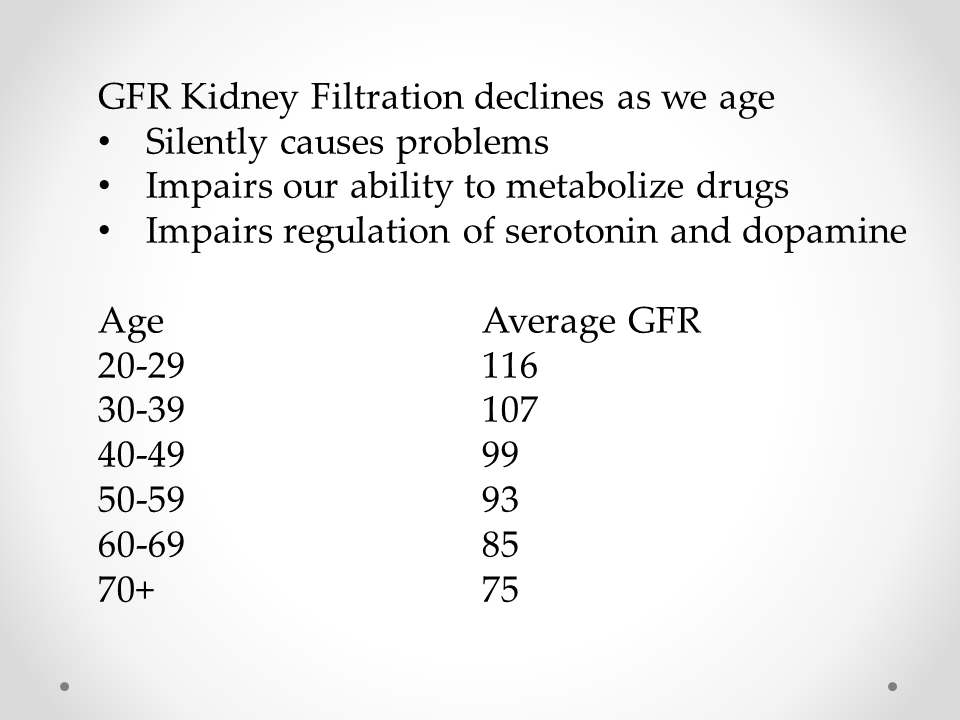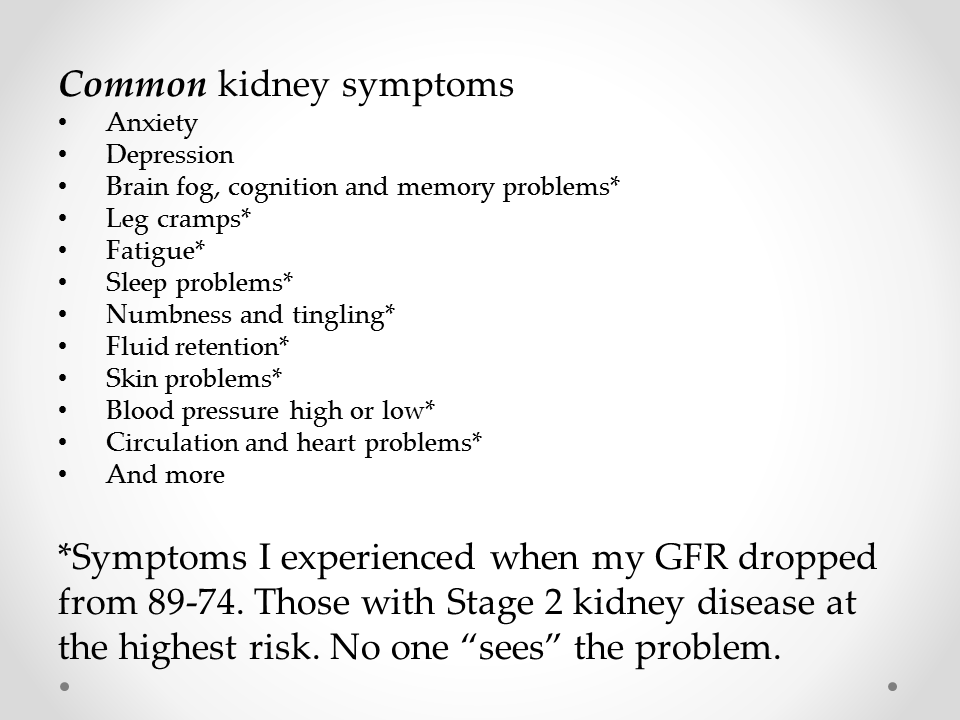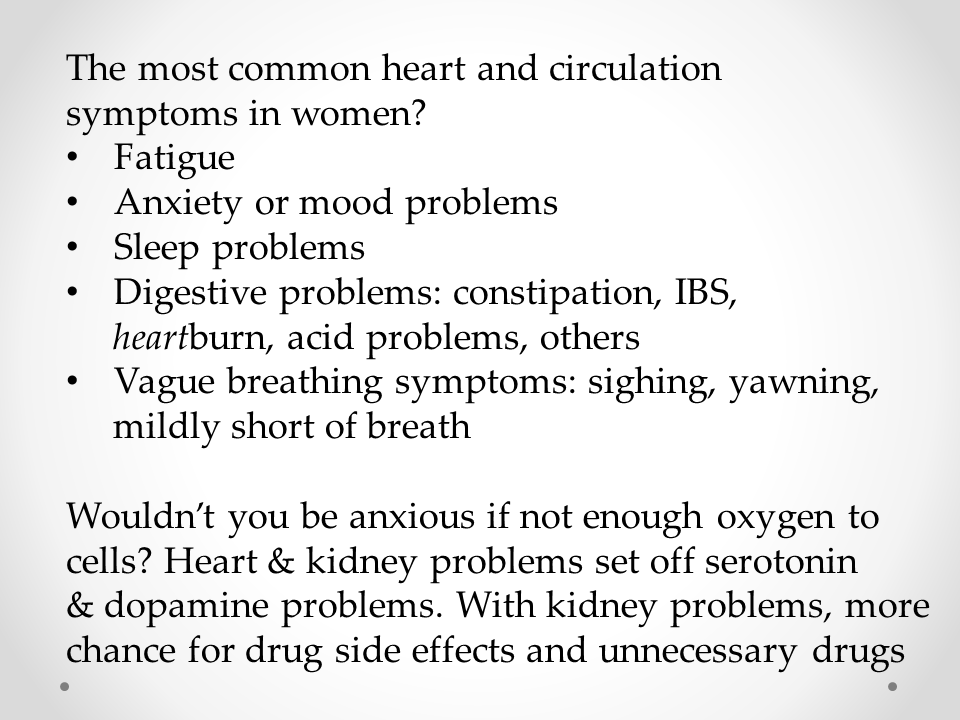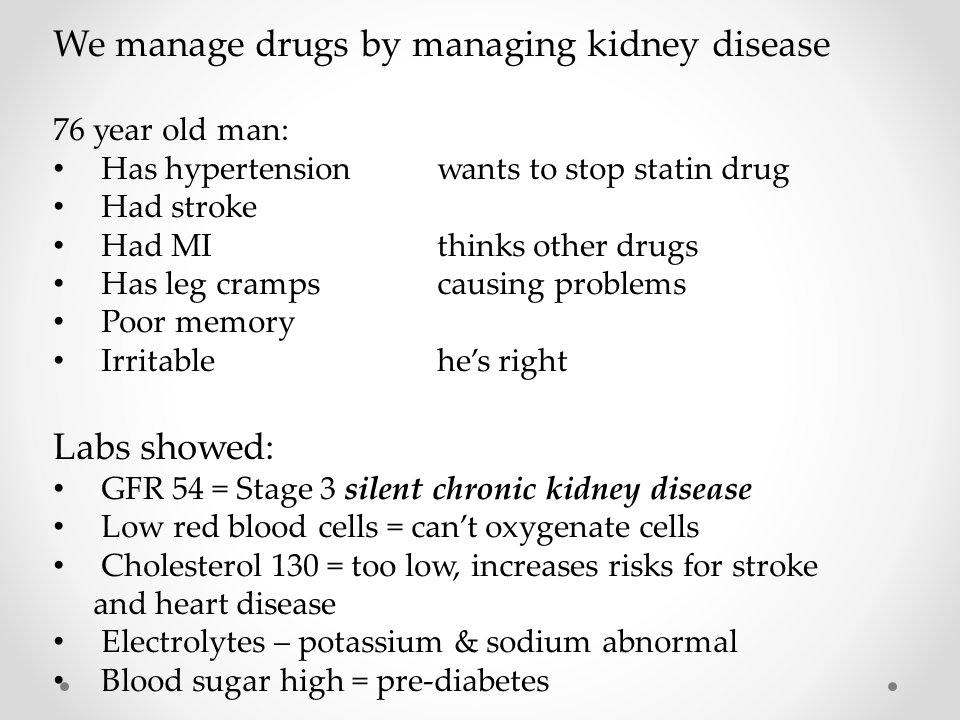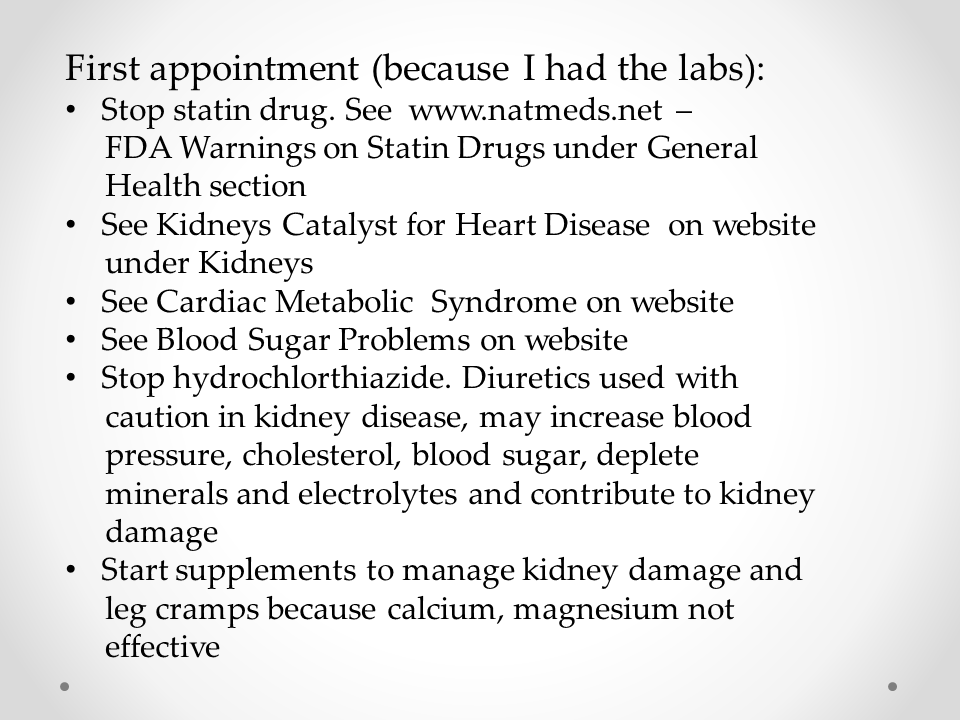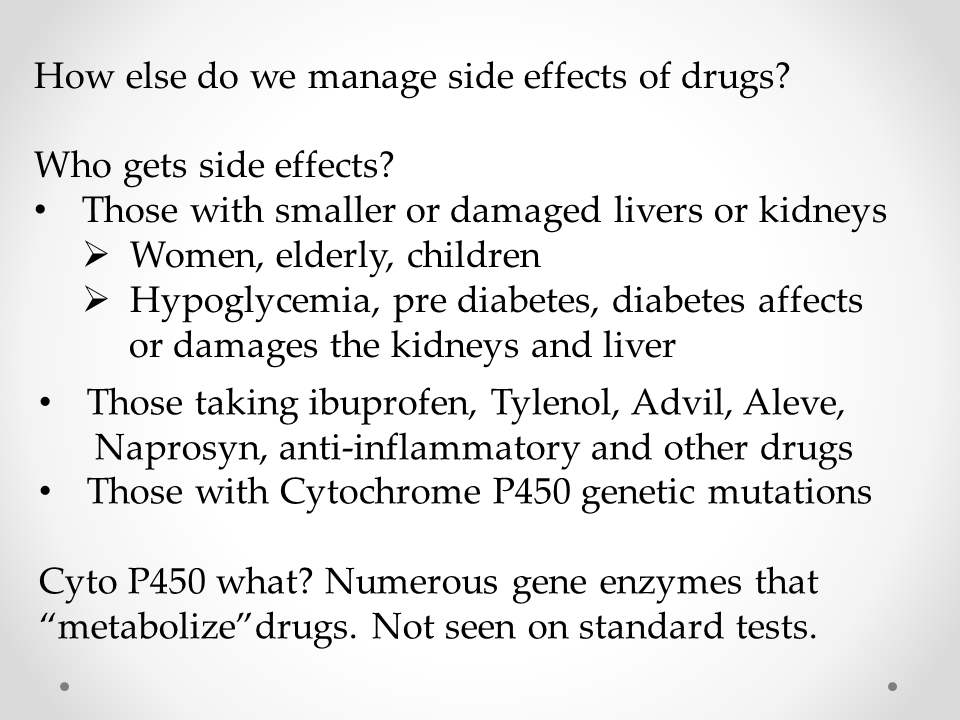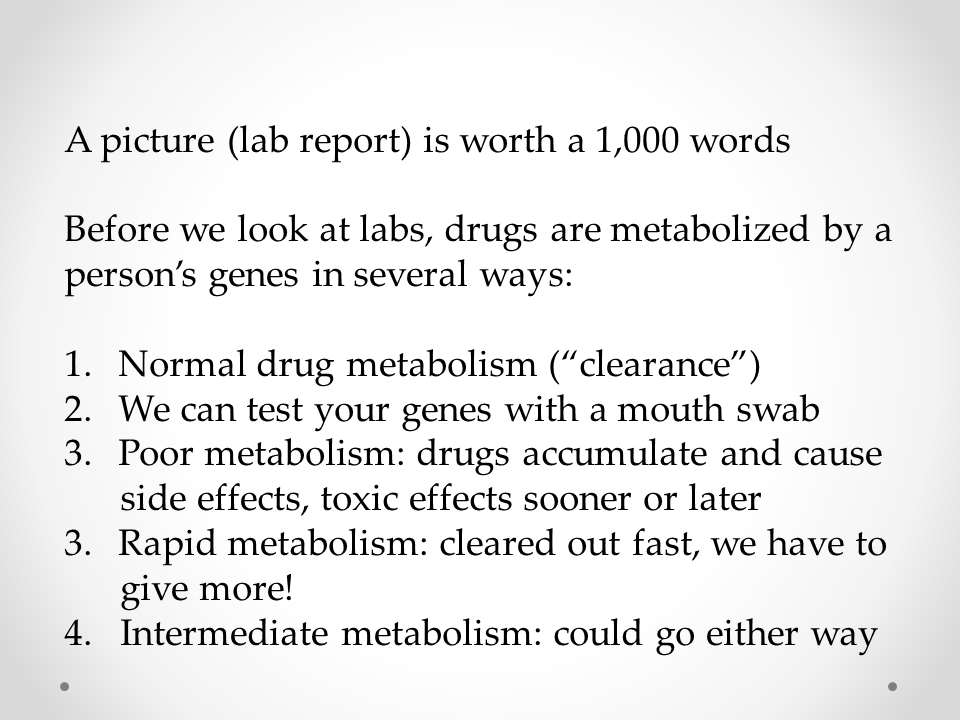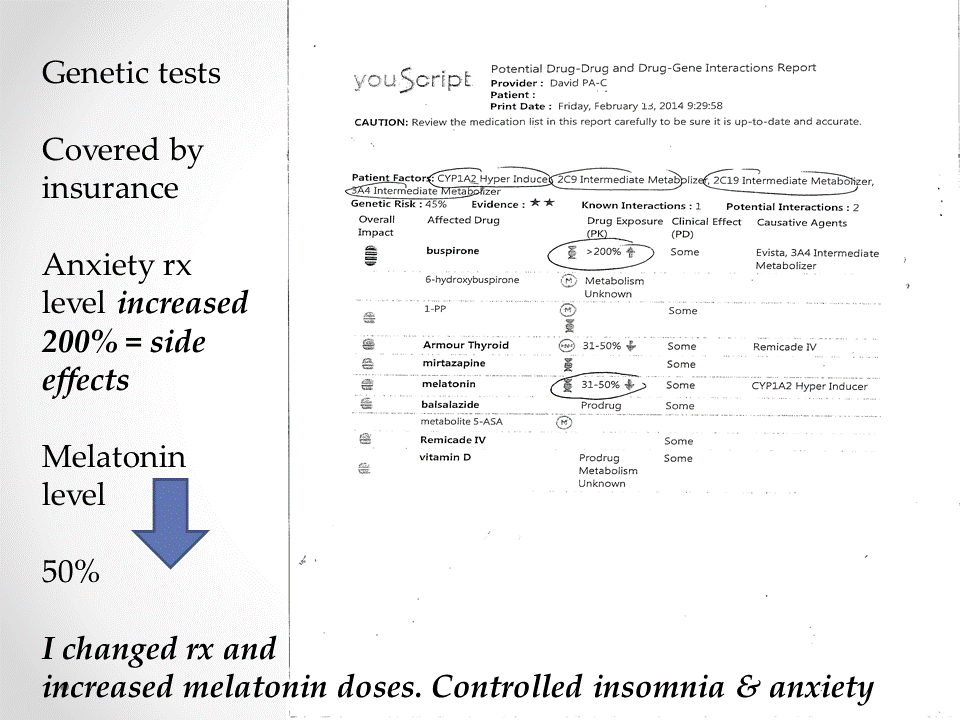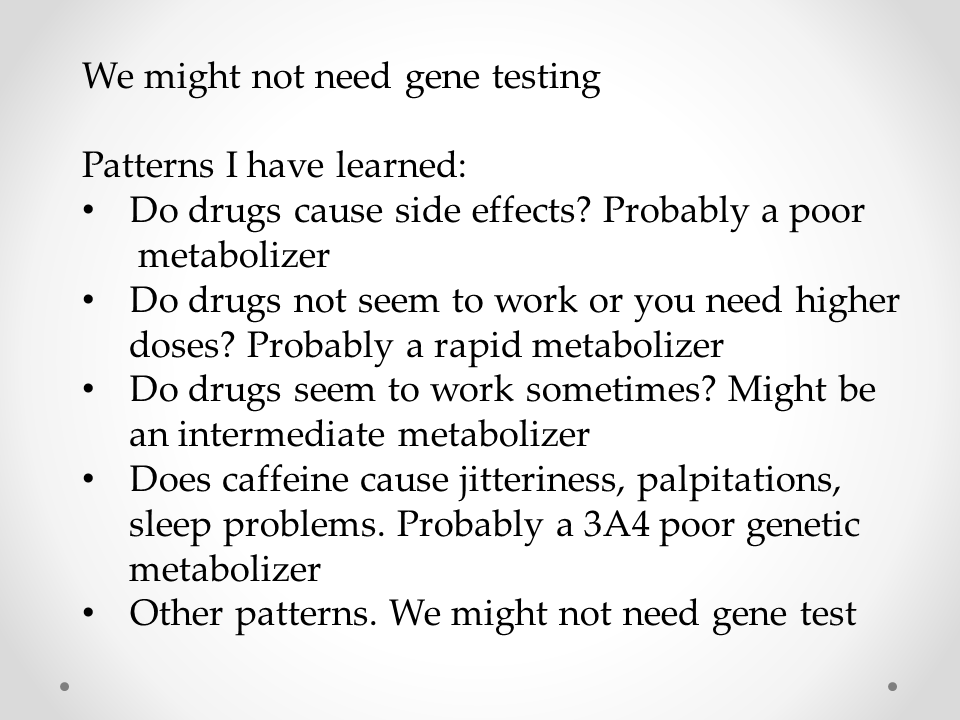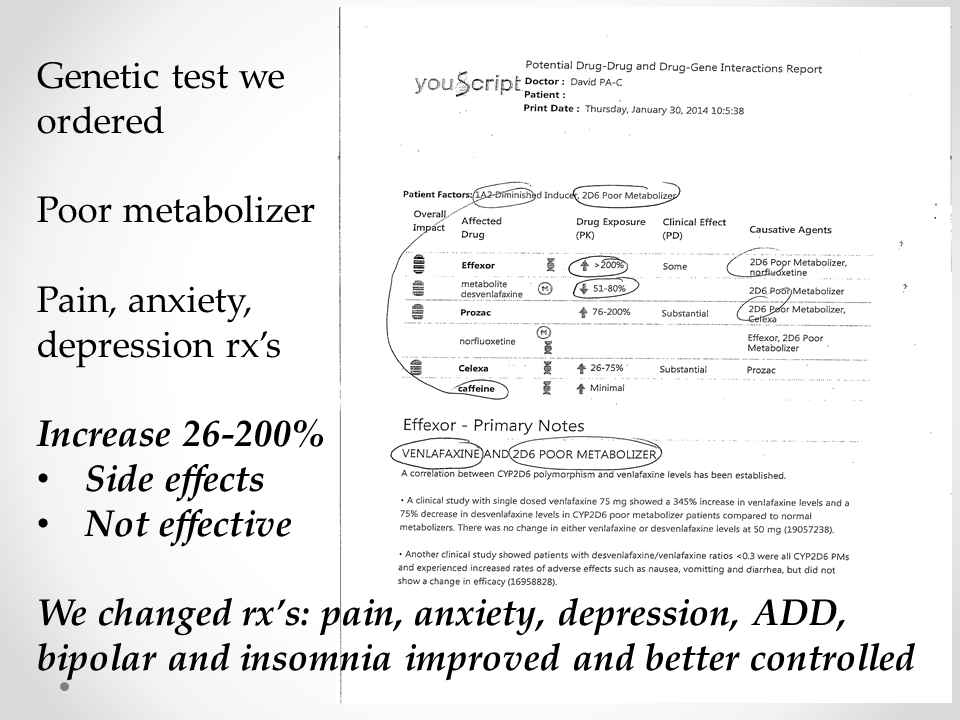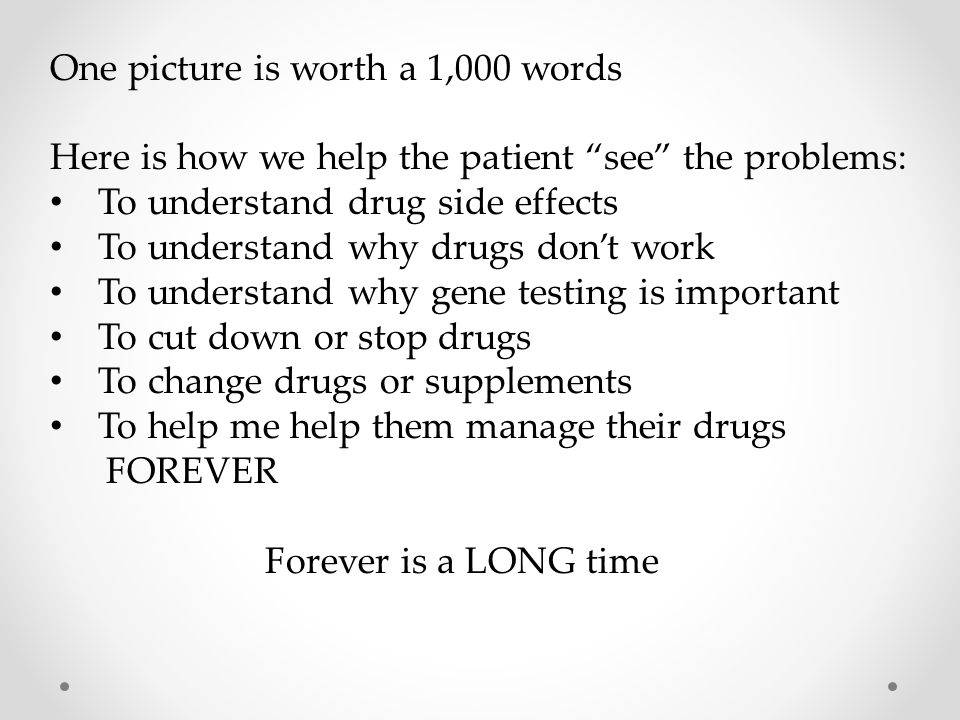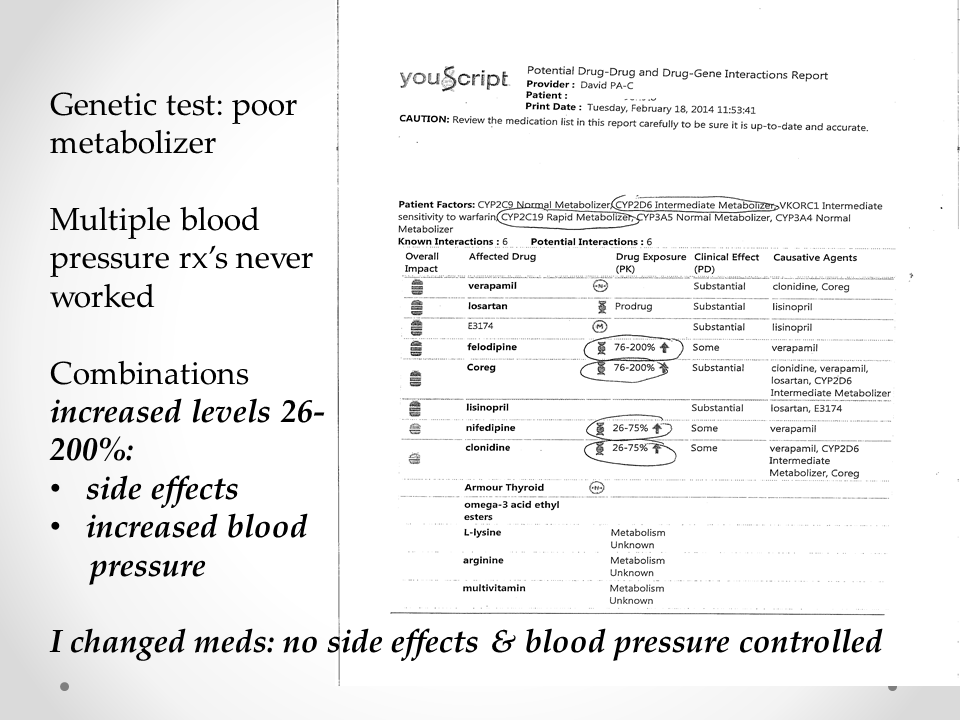I have received permission from Hanne to post her 15 year journey down the road to recovery which demonstrates the strong connection between heavy metals and Parkinsons symptoms. Hanne now celebrates the result of detoxing the heavy metals in her body. The work continues, but results so far have been exciting. This story is remarkable in every respect and a true inspiration to others who are on the road to recovery.
People do succeed in reversing symptoms. Here is one more case study which has the power to motivate anyone interested in healing the neurological symptoms associated with a diagnosis of Parkinsons Disease.
Take the time to digest her story below. You will not regret it!
Robert Rodgers PhD
Founder 2004
Parkinsons Recovery
Seven Secrets to Healing
A neurologist recommended in the year 1998, that I should be medicated against my tremor, but I said no thank you to his offer, as I preferred to be better diagnosed before starting medication.
The following year my symptoms increased, as I became more rigid and my tremor got worse and I therefore was easy to persuade by a new neurologist to try anti-Parkinson medication. Shortly after, I was scanned for Parkinsons disease and the result was compatible with the diagnosis of Parkinsons disease in the early stage.
Parkinson medication helped to decrease the symptoms, but soon I experienced more severe symptoms. At first I thought that it was the disease becoming more severe and this was confirmed by my neurologist who told me that it was unavoidable.
After one year on medication my neurologist recommended that I stopped medication before the next consultation. This became the start of a new phase in the way I coped with my disease, as without medication, I experienced that:-
-The medication can result in abstinences when the medication is stopped.
– Many of the symptoms, that I thought were Parkinsons symptoms, were in reality side effects of the medication.
Therefore I decided to accept the symptoms of the disease instead of being burdened with adverse side effects of the medication. The outcome of this choice forced me to search for factors, which had influenced my symptoms.
In the year 2001 I was tested for Heavy Metal Toxicity in a private clinic in Aarhus, Denmark by Dr. Bruce Kyle. I was diagnosed with a combined toxic overload with mercury and copper.
I was treated at Dr. Bruce Kyles clinic with the Chelating Agent DMPS, with Vitamin-C infusions and different kinds of antioxidants and nutritional support. At the same time I had my amalgam fillings removed and had non-toxic, non-metal composites instead. This was done by a dentist with extra education in safe removal of amalgam. I also use saunas, which help detoxification by sweating out the toxins through my skin.
After some years of undergoing detoxifying treatments, I had fewer tremors and was less rigid, but I still suffered from fatigue.
Allergic reaction against metals was suspect, and I undertook a MELISA-test. (www.melisa.org). My test showed an allergic reaction against gold, nickel and cadmium and treatment protocol was removal of a dental gold crown, which was replaced with plastic. Now, I try to avoid nickel and to eat more organic food to avoid cadmium. Luckily I have been rewarded for my efforts as my fatigue has decreased.
Today I can honestly say that testing and treatments for my chronic cumulative toxicity has been successful for revealing some of the causes of my Parkinsons disease. However, I still have slightly high levels of copper left and in Autumn 2006 and Spring 2008 tests show that I am also burdened with lead and aluminum.
I do not dare to think about how my life would have been without detoxifying treatments! When I look at other patients with Parkinsons disease who are getting worse, I have even more reasons to be thankful for my health, which continues to improve as time goes on.
Where do These Heavy Metals come from?
In my case, mercury and copper were likely to have come from my amalgam fillings. Copper-amalgam contains a high percentage of copper and I had many fillings in my milk teeth. Even later in school I had many cavities, which were restored with amalgam. The dentist said that I had weak teeth.
As an adult, I have only had one cavity, so I might think that my parents were not good at helping me with tooth brushing and perhaps also the school dentist has been tempted to do fillings, which were not necessary as she was paid for the amount of pupils’ cavities that she restored.
In addition I have in my job as a veterinarian, been exposed to many thermometers, which sometimes break and where the mercury ended up in the bottom of the car. Veterinarians were not properly informed that this could constitute a health hazard at that time.
Moreover Mercury can come from vaccinations containing the preservative Thiomersal (ethyl-mercury). Mercury might also come from environmental pollution and intake of fish. Copper might come from use of copper spiral (anti contraceptive) and from drinking water and food. The Danish Agriculture Production uses 550 tons of copper yearly and this copper could be assumed to spread to the environment and end up in drinking water and food.
When a person is burdened with mercury toxicity, then the excretion of copper is decreased.
My toxicity burden with lead might perhaps come from common environmental pollution.
My toxicity with aluminum probably came from years of injections with aluminum containing products against dust mite allergy.
My nutrition today contains more antioxidants (nutrients which protects the body against free radicals and oxidation), more vegetables (raw vegetables are chosen) and more fruits.
I have stopped eating unhealthy fats such as margarine, hard fats, corn oil, soy, sunflower etc. I try to eat more of the healthy fats such as fat fish (salmon), linseed, olives oil, nuts etc.
I take antioxidants as nutritional supplementation, also a multivitamin mineral pill without iron and copper, extra vitamin C and E, Lipoic acid, N-acetyl-cysteine, Echinacea, Ginkgo Biloba and Coenzyme Q10. I also use DMSA for mercury, copper and lead chelation.
Concerning the nutrition I would recommend the book by Jean Carper – Your Miracle Brain.
Physical activity has been an important part of my life.
At the beginning of my disease I walked without swinging my right arm and I stumbled rather often. After years training trying to walk normally with swinging my right arm, I have succeeded, but only when I am not too stressed or exhausted. The principle is like this, if I can walk one step with swinging the arm, then I can also walk 3 steps.. or also walk 5 minutes or 5 kilometers and so on.
I also use visualization when training my movements.
People, who do not realize the effects that Parkinsons disease has on their own body, often have problems understanding how demanding it is for a Parkinson patient to cope with conscious movements. Even something as banal as cleaning your shoes on a doormat is not necessarily functioning automatically but needs mental work, like steering a toy car with a joystick.
It is very common that a Parkinson patient with time develops a forward bending posture and some years ago I had thoracic Kyphosis and could not wear any of my shirts anymore. A physiotherapist has taught me some physical exercises, which I since have done every day.
Today my back is straight again, which makes me happy. People, who are happy, often have a straight posture, while sad and grieving people often have a crooked posture. By choosing body posture you can also indirectly choose your emotions.
I enjoy sending a signal that I am bubbling with joys of life.
I try to avoid, if possible, all kind of stress. Now I choose calm classical music instead of rock; I value tight relationships instead of having a circle of acquaintances with ‘small talk’ and I love being out in nature instead of taking city walks. It is a pleasure for me to do meditation and to sing.
I have also improved at listening to the signals from my body and I take care to rest and sleep when needed. I have also improved at learning to avoid doing things, which I dislike and instead I do things that make me happy.
When being diagnosed with a chronic disease the patient often goes through a life crisis and so did I. The crises made me more religious and I learnt to pray to my God from the bottom of my heart. This has given me spiritual power to cope with life and the new circumstances.
‘Where there is willpower, there is a way to go.’ This phrase was said about me by a good friend, as a way to express how I cope with my disease.
Years ago the neurologists said several times that I had got Parkinsons disease and that this disease is chronic, impossible to cure and progressive. I thought that it might be like this for other patients, but that it would not be like this in my case. By working and studying a lot and sometimes by choosing blind paths, I have succeeded in finding a tiny little path out of my disease. Today I have fewer symptoms than in the year 1998, which means that the expression ‘progressive’ cannot be used generally about all patients with Parkinsons disease.
I retired in the year 2001 when I was 44 years old and although it was really a hard time, today I feel that I have a good life. To my co-patients I will say: “Search for knowledge and keep on trying to search for new possibilities.”
Generally I recommend neurological patients to be tested with a chelating agent for chronic toxicity with heavy metals. If this is diagnosed, then it is possible to detoxify, which can give hope to a future of increased health and decreased neurological symptoms.
If you want more information about toxicity with heavy metal and Parkinsons disease use the Internet.
Thank you for reading my case-story and I wish you all the best.
Hanne
